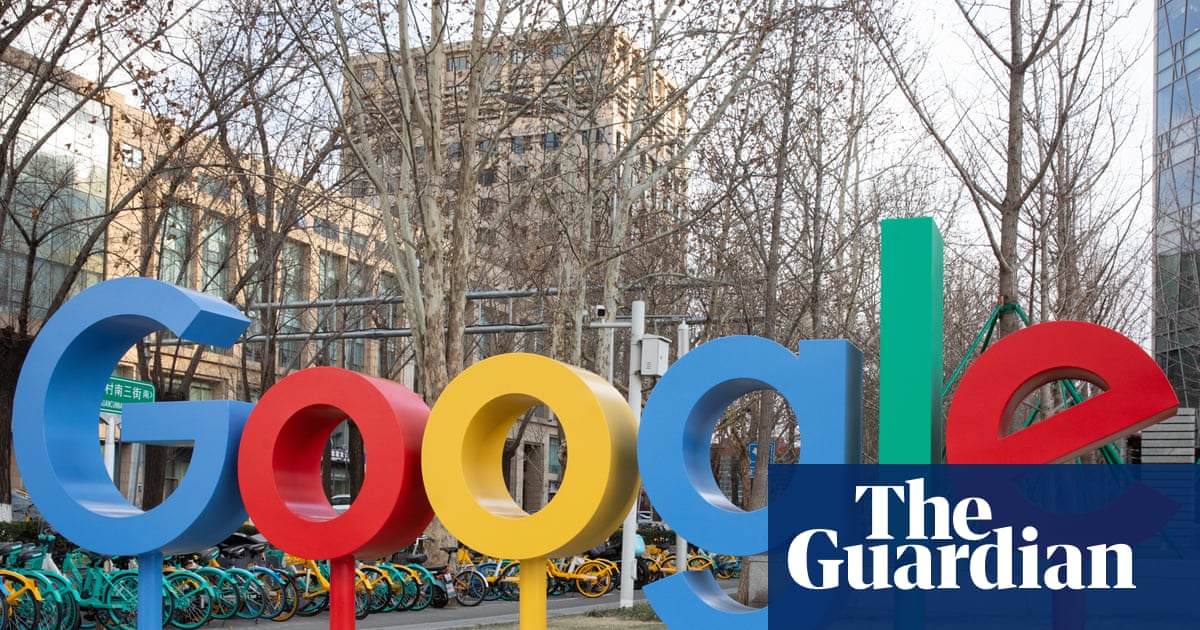AI Generated Newscast About Google's Antitrust Ruling: A Big Win or Just a Slap on the Wrist?

Are we allowing tech giants like Google to get away with monopolistic behavior? A recent ruling has sparked fierce debate, with emotions running high across the digital landscape. On Tuesday, a federal judge decided that Google won’t have to sell off its Chrome browser or Android operating system, a verdict that has left many questioning whether justice has truly been served.
The ruling by Judge Amit Mehta comes almost a year after he sided with the U.S. government, finding that Google had indeed created an illegal monopoly with its search engine. But while the Department of Justice hailed this latest decision as a significant step toward restoring competition, critics are left fuming, claiming that this could be yet another missed opportunity to rein in one of the most powerful corporations in history.
Following the ruling, shares in Alphabet, Google’s parent company, surged by 9%. This surge has tech industry groups and investors rejoicing, while advocacy groups that oppose Google’s dominance in the tech space are expressing outrage. They argue that the ruling essentially allows Google to retain its monopolistic grip on the market.
Judge Mehta did impose some conditions, mandating that Google share search data with competitors and stop entering into exclusive contracts concerning its products. However, many believe these actions are merely superficial and do little to address the underlying issues. Barry Lynn, the executive director of the Open Markets Institute, criticized the decision, stating, “This ruling lets Google know that even the most egregious violations will be met with just a slap on the wrist.”
Critics are particularly concerned that the ruling sets a dangerous precedent, encouraging Google to continue its monopolistic practices without fear of serious repercussions. Democratic lawmakers, including Senator Elizabeth Warren, have condemned the outcome as a failure to hold Google accountable: “This ruling is a slap on the wrist for unlawful behavior that warranted the breakup of this tech giant.”
Even tech leaders from companies like Yelp and DuckDuckGo have expressed their disappointment. They feel that the ruling fails to create a level playing field in an industry that has stifled competition for years. Tim Sweeney, CEO of Epic Games, likened the situation to a bank robber receiving a light sentence while still allowed to plan future heists.
Yet, amidst the criticism, the tech industry finds a reason to celebrate. Many groups are relieved that Judge Mehta rejected the more severe penalties originally sought by the Department of Justice, which could have included divesting Google’s core products. The Developers Alliance noted that “divesting Chrome and Android would have had disastrous consequences for web developers and the broader digital ecosystem.”
But is it really a win? As Google’s stock rises, some experts caution that the decision fails to confront the realities of digital monopolies. The Cato Institute’s Jennifer Huddleston argues that the court should recognize that innovation might be our best weapon against monopolies. In a world rapidly evolving due to AI advancements, the market dynamics are shifting in ways that could outpace any legal decisions.
As tech companies navigate this complex landscape, Apple also saw its shares increase nearly 4% after the ruling. The iPhone maker benefits from a lucrative deal with Google, making Google the default search engine on its devices. This relationship could lead to continued negotiations that impact both companies significantly.
As this story unfolds, one thing is certain: the battle for digital dominance is far from over. With the potential for future hearings on Google’s monopoly over online advertising, the stakes remain incredibly high.


















